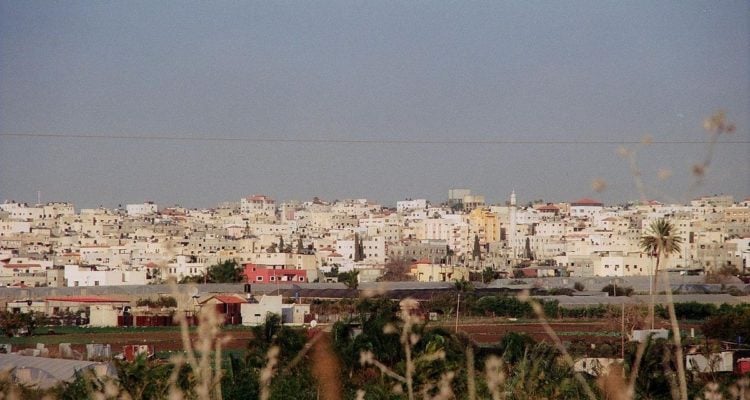Israel’s leadership freezes a plan to expand the Palestinian city of Qalqilya.
Israel’s Security cabinet voted late Wednesday to halt a plan to expand the Palestinian city of Qalqilya for another 10 days, at the end of which it will be discussed again and possibly voted on.
The plan, championed by Minister of Defense Avigdor Liberman and backed by Prime Minister Benjamin Netanyahu, calls for the construction of 14,000 housing units in the Palestinian city, eventually doubling its population from 50,000 to 100,000.
The plan requires Israel to cede parts of Area C, areas under full Israeli sovereignty as stipulated by the Oslo Accords.
It appears that a majority of the cabinet opposes the plan.
Supporters of the plan say that such a move would improve the lives of many Palestinians and bring stability to their environs. Furthermore, it could be perceived as an incentive to residents of a city they say has produced a comparatively low volume of terrorists in recent years.
“When I formulated my ‘carrots and sticks’ program I sat with the IDF command and received their full backing. I think that when we are talking about security, we should be listening to those who are in charge of security, not to the people who are thinking all the time about elections and party primaries,” Liberman said Wednesday.
Opponents of the plan say it is a security threat to Israel, as Qalqiliya is situated merely hundreds of feet away from major Israeli population concentrations in the center of the country.
Speaking to IDF Radio on Thursday, Minister of Construction Yoav Galant, who opposes the plan, said it acts against Israel’s interests.
Galant, former commander of the IDF’s Southern Command, explained that Qalqilya is close to the Israeli city of Kfar Saba, and there is no reason to generate Palestinian migration to Qalqilya from other areas in Judea and Samaria. He said it would create friction and stands against Israel’s security interests.
By: Aryeh Savir, World Israel News





